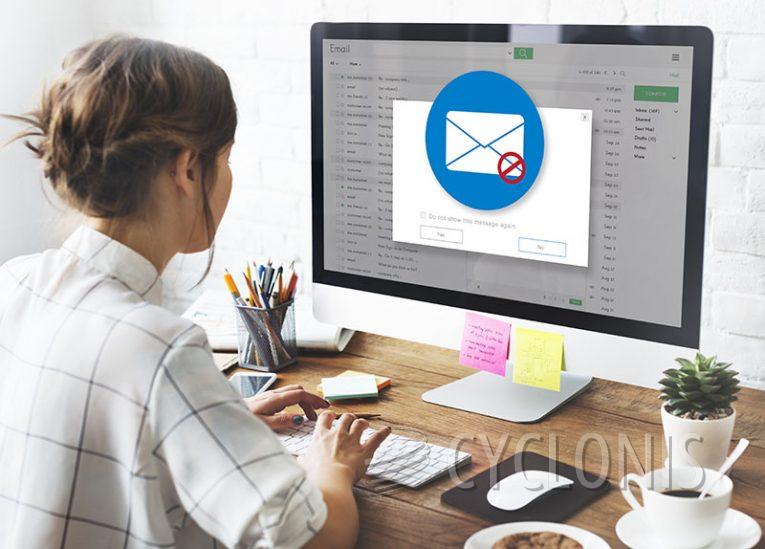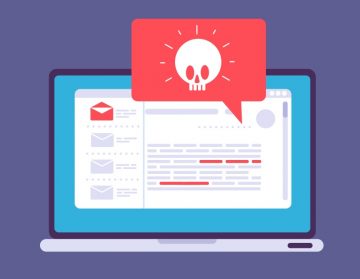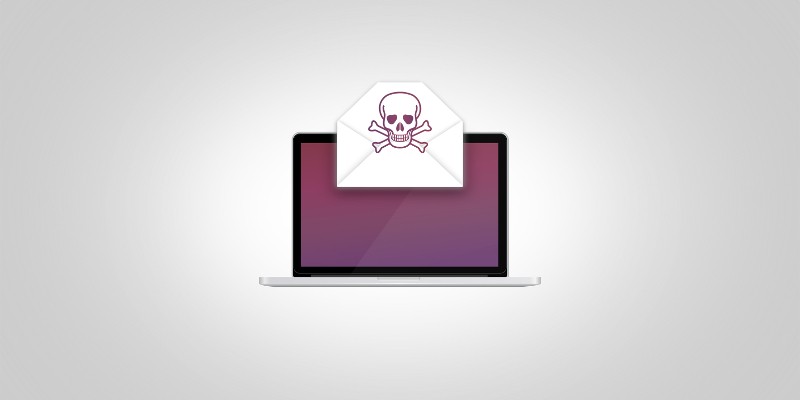"Amazon - Your Account Has Been Locked" Email Scam

After inspecting the email, we identified it as a phishing scheme crafted to trick recipients into disclosing personal information. The fraudulent email, posing as an official notification from Amazon, contains a link leading to a counterfeit page. Recipients are strongly advised to ignore and avoid engaging with this email to minimize potential risks.
The deceptive email, seemingly sent by Amazon, bears the subject line "YOUR ACCOUNT HAS BEEN LOCKED." It adopts the appearance of an official communication from Amazon and alleges that the recipient's account has been suspended due to suspicious activities, specifically citing unusual transactions.
The email urges the recipient to unfreeze their account by verifying their account information to confirm their identity. This phishing attempt aims to deceive individuals into providing sensitive personal details under the pretense of resolving an alleged account lockout.
Upon clicking the "Verify Your Account" button in the email, recipients are redirected to a deceptive webpage designed to imitate Amazon's sign-in page. On this fraudulent page, unsuspecting users are prompted to enter their email address or phone number, along with their password, essentially surrendering their login credentials to scammers.
With the pilfered Amazon login credentials, scammers can gain unauthorized access to the victim's Amazon account, potentially making fraudulent purchases using saved payment methods or accessing sensitive order information.
How Can You Recognize an Email Scam?
Recognizing an email scam is crucial to protecting yourself from phishing attempts and potential fraud. Here are some signs and tips to help you identify email scams:
Sender's Email Address:
Check the sender's email address. Legitimate companies use official domain names. Be cautious if the email comes from a generic or suspicious-looking email address.
Email Content:
Look for spelling and grammar errors. Legitimate organizations typically proofread their communications.
Be skeptical of urgent or overly dramatic language in the email. Scammers often use urgency to prompt quick actions.
Unsolicited Emails:
Be cautious with emails you didn't expect or did not sign up for. Scammers often send unsolicited emails to a large number of recipients.
Generic Greetings:
Legitimate organizations usually personalize emails with your name. Be wary of generic greetings like "Dear Customer" or "Dear User."
Links and URLs:
Hover over links without clicking to preview the URL. Ensure the link matches the supposed sender's website. Beware of shortened URLs.
Check for misspellings or slight variations in the URL that mimic legitimate sites.
Attachments:
Do not open attachments from unknown or unexpected sources. Malicious attachments can contain malware or phishing attempts.
Requests for Personal Information:
Legitimate organizations won't ask for sensitive information via email. Be suspicious of emails requesting personal details, passwords, or financial information.








